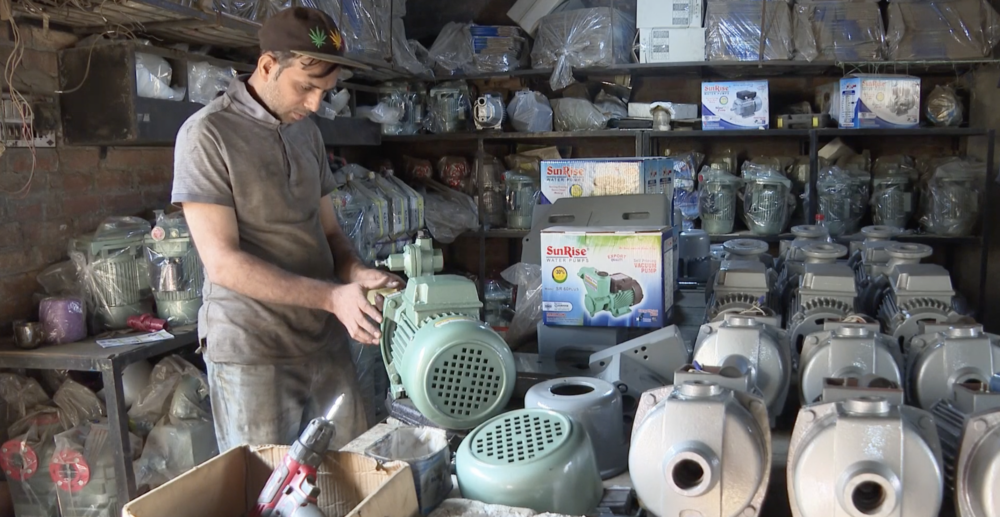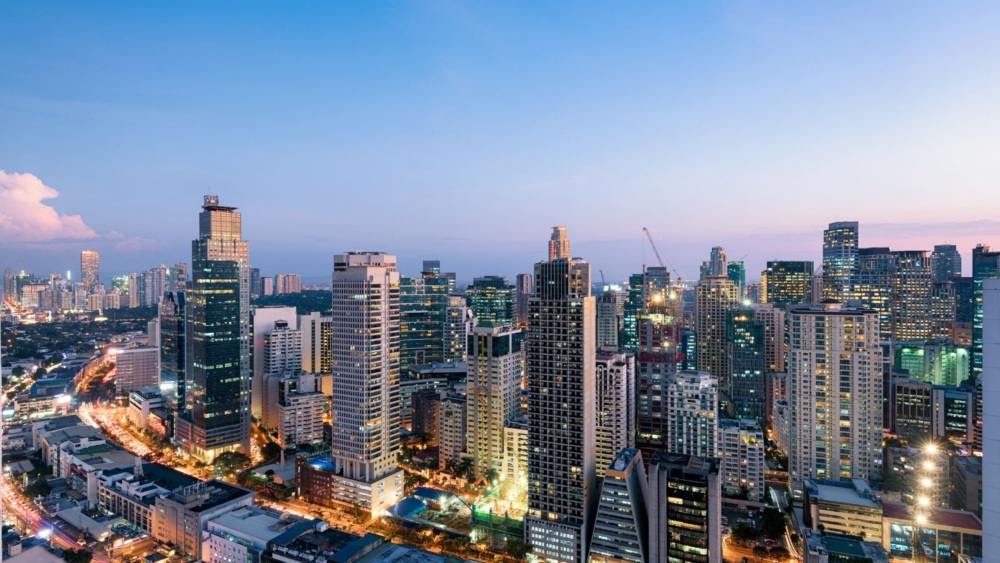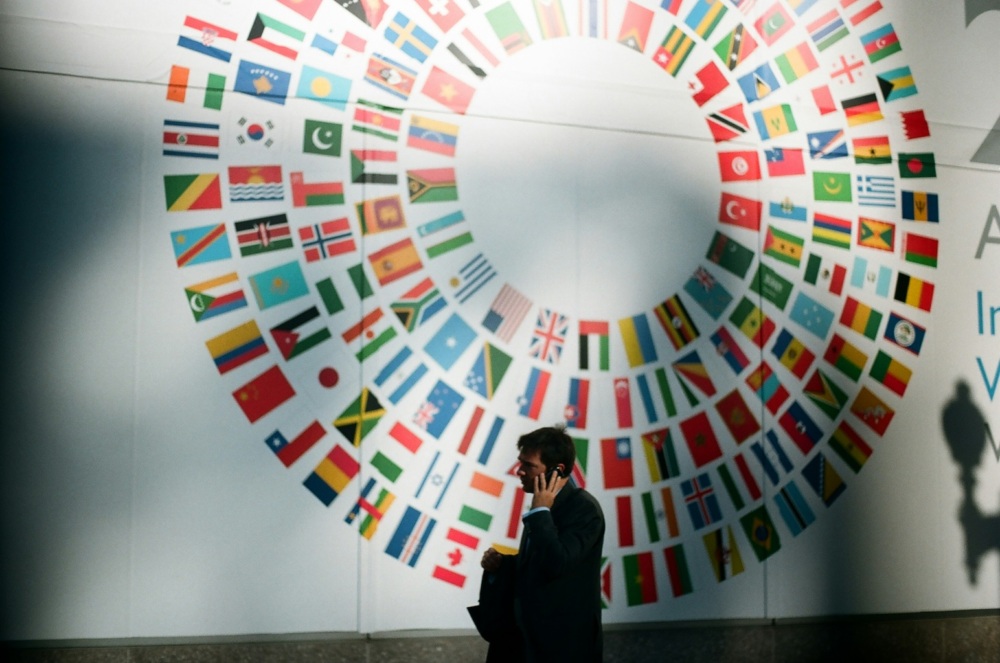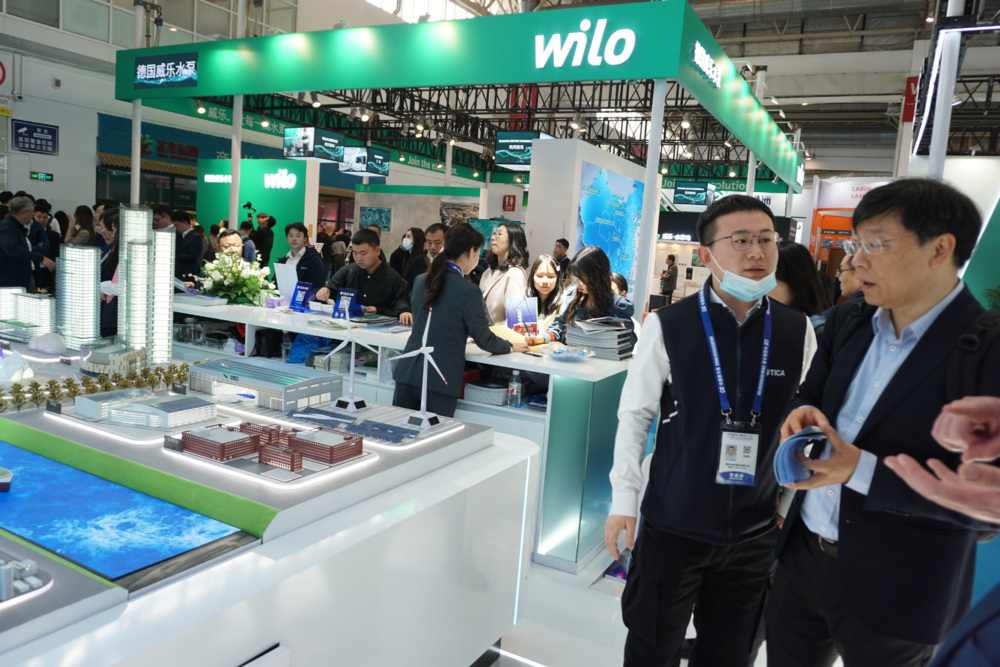CLASP Supports First Lighting Efficiency Policies in Nigeria
CLASP is supporting the Nigerian government in accelerating the transition to energy-efficient, clean lighting
Lighting efficiency standards will play a key role in Nigeria’s Energy Transition Plan as the country seeks to tackle both energy poverty and climate change. CLASP is supporting the Nigerian government in the transition to energy-efficient, cost-effective LED lighting through the country’s first lighting minimum energy performance standards (MEPS).
The new policies will phase out compact and linear fluorescent lamps by 2024 and 2025, respectively. This move will avoid 300 kilograms of potential mercury pollution and save $2.47 billion in energy costs (2025-2050).
CLASP attended the Inception Workshop on the Minimum Energy Performance Standards (MEPS) and Labeling of Lighting in Nigeria, hosted by the Standards Organisation of Nigeria (SON). The workshop invited participating government agencies, private sector and industry, and academia to collaborate on strategies for fluorescent-to-LED replacements and developed a roadmap to efficiency policy adoption. It provided an opportunity to brainstorm stakeholder roles and necessary resources to implement the policies.
“Adoption of lighting MEPS will have multiple benefits for Nigeria and by extension the ECOWAS region. At the top of the list is increased energy savings for the country of up to 25 Terawatt hours (TWh) by 2050. Additionally, the inclusion of a labelling program will transform the market, encourage manufacturers to produce and consumers to purchase higher efficiency products convenient to individuals.” Said Alewu Cherry Achema, Deputy Director/Group Head & Head, Electrical/Electronics Engineering at Standards Organisation of Nigeria (SON)
CLASP Senior Manager, Colin Taylor, provided evidence to support the phase-out of fluorescent in Nigeria, in favor of more efficient LEDs. “By eliminating these products from the market, consumers will no longer be presented with inefficient, low quality, environmentally damaging products and decrease the demand on the grid”, said Taylor.
The lighting policies discussed align with the Nigeria Energy Transition Plan, a strategy to achieve carbon neutrality, end energy poverty, and drive economic growth. The standards also align with the NigeriaSE4ALL 2030 target of 100% efficient lighting by 2030.
“Lighting efficiency standards are a feasible, effective way to mitigate strain on Nigeria’s energy grid and save money on energy costs,” said Monica Wambui, Manager at CLASP
With development of their first lighting efficiency policy, Nigeria joins the international community in the transition to clean lighting. Last year, at the Minamata Convention on Mercury COP4, 137 parties agreed to phase out compact fluorescent lamps by 2025, and discussions for linear fluorescent lamps will be held at the COP5 later this year.
The Standards Organisation of Nigeria (SON) is spearheading the standards and labelling development process, and Sustainable Research and Action for Environmental Development (SRADeV) will help facilitate policy development and implementation.
Learn more about our efforts to accelerate the transition to energy-efficient lighting globally:









